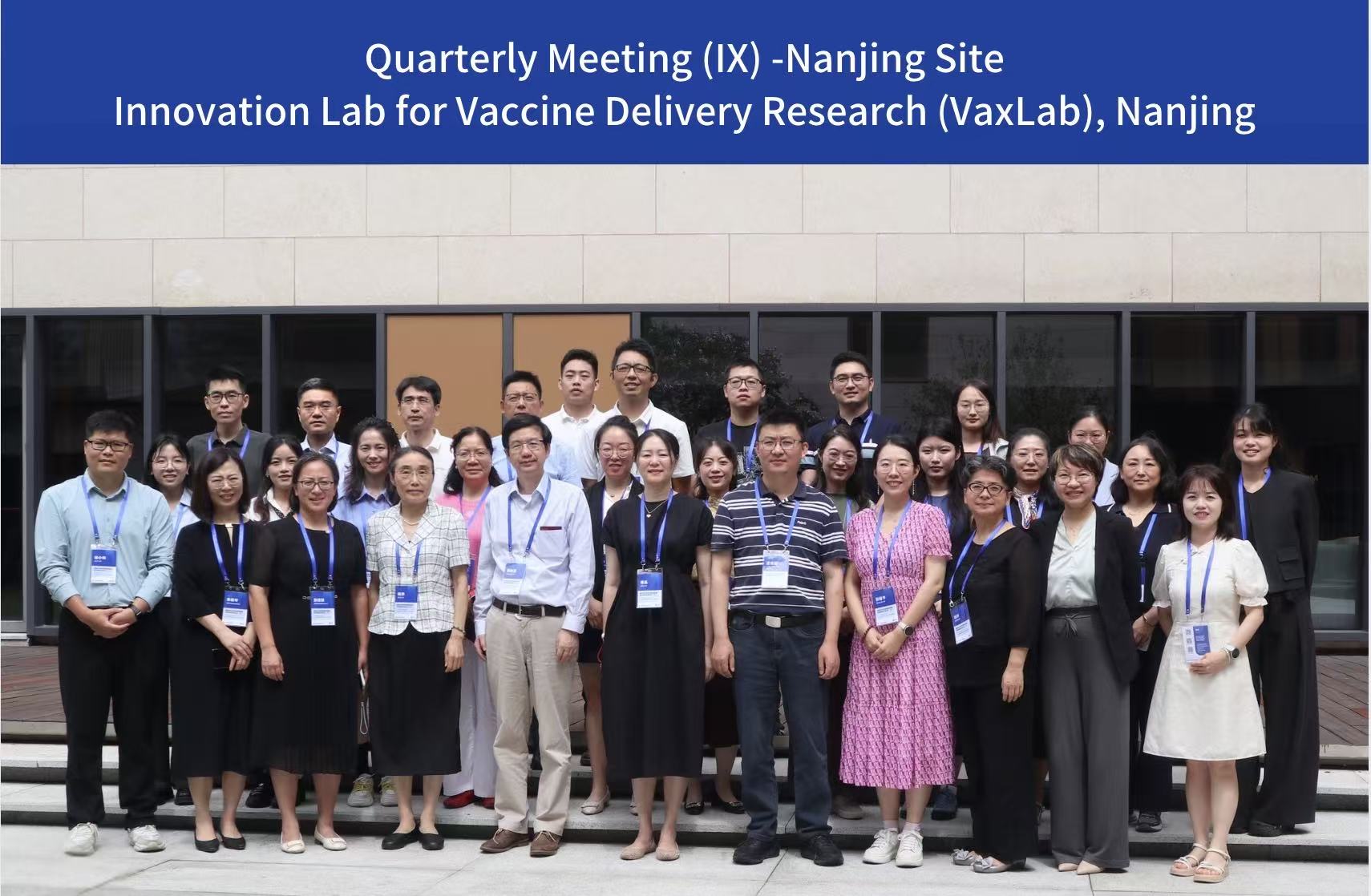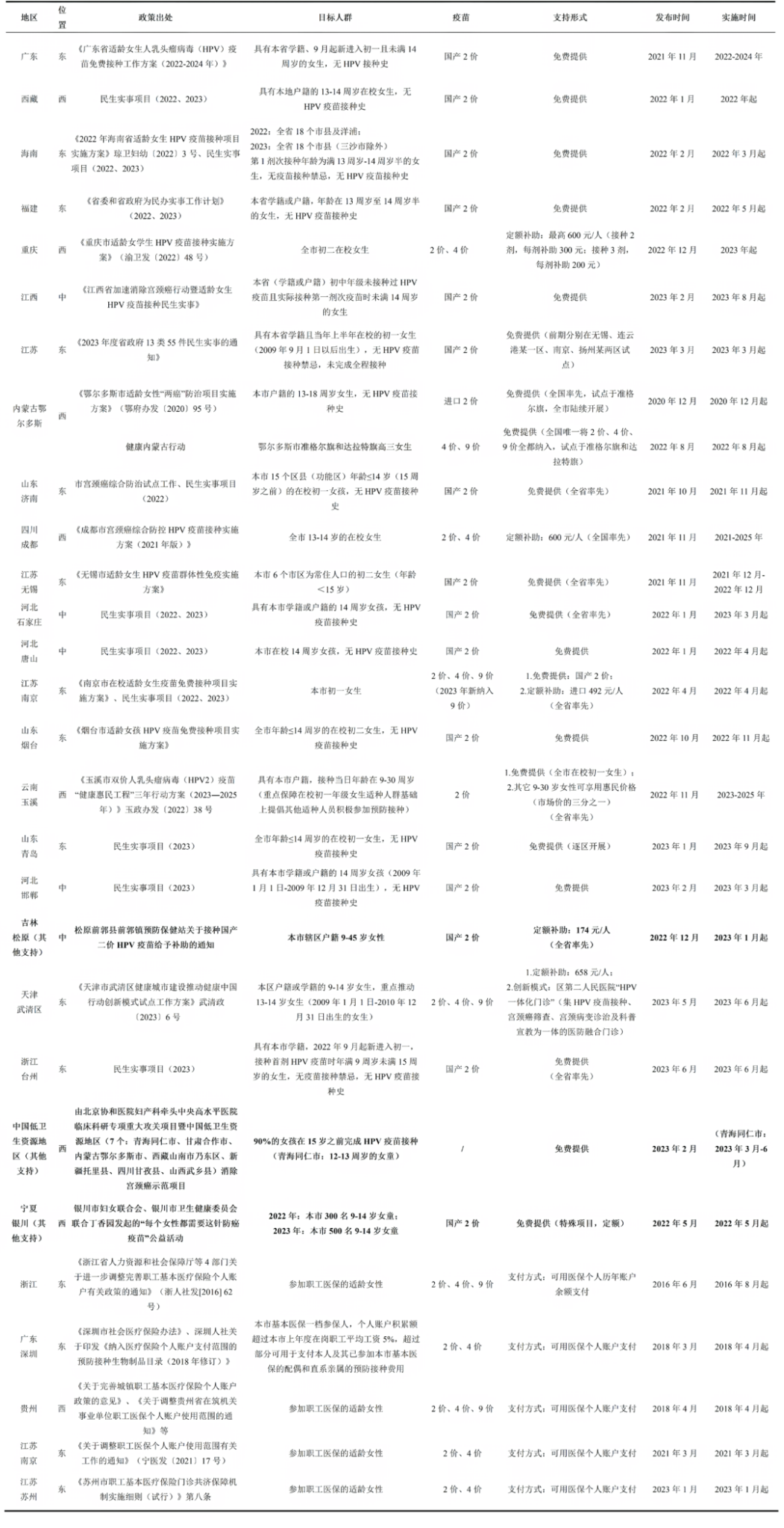The Innovation Lab for Vaccine Delivery Research (VaxLab) convened its ninth quarterly exchange meeting in Nanjing from September 12–13, 2025.
The event brought together experts from provincial and municipal Centers for Disease Control and Prevention (CDCs) in Jiangsu, Chongqing, Jinan, Suzhou, and Huai’an, as well as representatives from Huai’an Maternal and Child Health Hospital. Research teams from Fudan University, Zhejiang University, Chongqing Medical University, Duke Kunshan University, and other academic institutions joined, alongside scholars from the Development Research Center of the State Council.

The meeting opened with welcoming remarks from Dr. Wang Zhiguo, Director of the Immunization Program Institute at Jiangsu CDC, who reviewed the province’s progress in immunization and outlined pressing challenges ahead. He emphasized the importance of deeper research collaboration with universities.
Prof. Shenglan Tang, Co-Director of the Global Health Research Center at Duke Kunshan University, highlighted a milestone announced just prior to the meeting: China’s decision to include the HPV vaccine in the National Immunization Program (NIP) by the end of 2025. He noted VaxLab’s crucial role in providing evidence and policy advocacy to support the expansion of the NIP and stressed the importance of continuing efforts to introduce more non-NIP vaccines into public health services.
By this quarterly meeting, VaxLab had completed 18 research projects—nine of them finalized since the previous quarterly meeting in February. Sub-project teams presented their latest findings and outlined next steps. The VaxLab team also reviewed major achievements since the eighth meeting, including co-hosting an advanced infectious disease modeling workshop with the London School of Hygiene & Tropical Medicine and New York University, publishing peer-reviewed articles, producing policy briefs, engaging with media, and organizing online seminars.
Discussions focused on shaping future research directions. Experts from Jiangsu, Chongqing, and Jinan CDCs shared practical challenges in immunization planning and service delivery, spurring dialogue on actionable research priorities to inform policy and practice. Discussion session highlights included:
- Equity and coverage of PCV programs, chaired by Prof. Wang Weibing of Fudan University.
- “Zero-dose” children and their implications for NIP and non-NIP vaccines, led by Dr. Du Heng of the Gates Foundation.
- Implementation science in public health, introduced by Prof. Qian Xu (Fudan University) and Prof. Qian Long (Duke Kunshan University).
- Declining trend of non-NIP vaccines’ uptake, hosted by Prof. Tang, with an emphasis on identifying influencing drivers and potential interventions.
A featured presentation by Sun Xiang, Chief Physician at Jiangsu CDC, detailed the province’s pilot initiative to include a two-dose varicella vaccine schedule in its local immunization program. Piloted in Suzhou and Nanjing in 2018 and scaled statewide in 2023, the policy now provides free doses at 12–18 months and 4 years of age. Surveillance data show a significant drop in overall varicella cases, with even higher descrease rate observed among children aged 1–6. A catch-up campaign for children aged 7–12 began in 2024 to close remaining gaps.
Looking ahead, VaxLab committed to aligning its future projects with CDC needs, fostering international collaboration, and sharing China’s experiences with global partners while drawing on lessons from other regions.





